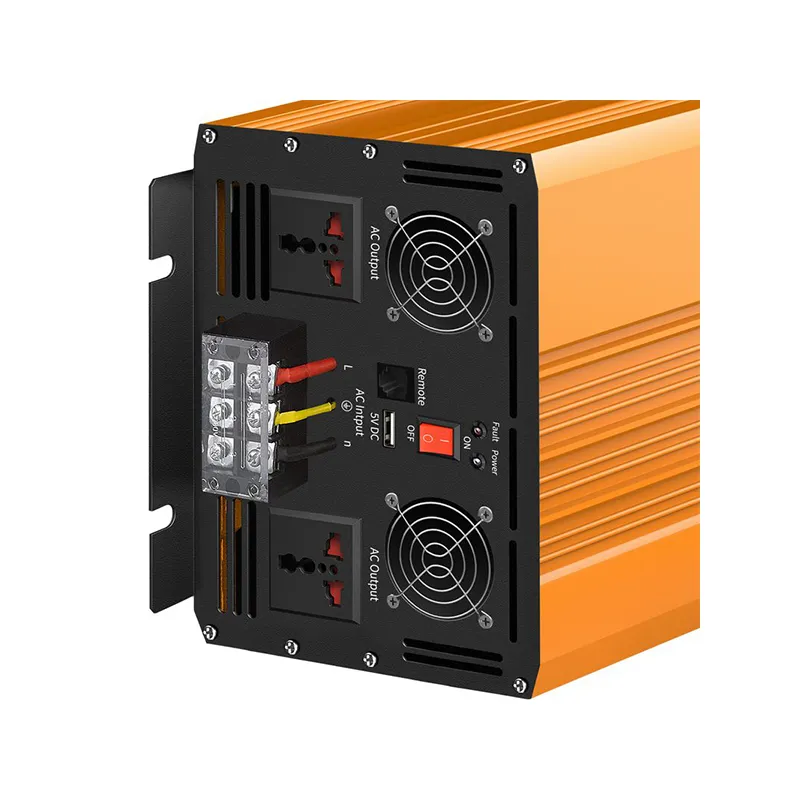half cell solar panel
The Innovation of Half Cell Solar Panels A Game Changer in Solar Energy
In the quest for sustainable and renewable energy sources, solar power has emerged as a leading contender. Among the innovations driving the efficiency and effectiveness of solar energy is the development of half cell solar panels. This technological advancement is revolutionizing the solar industry by enhancing performance and increasing electricity output while maintaining a compact design.
What Are Half Cell Solar Panels?
Half cell solar panels are essentially standard solar panels but manufactured in a way that divides each solar cell in half. This design results in two smaller cells being connected in series instead of one larger cell. The primary aim of creating half cells is to improve the panel's efficiency and reduce the effects of shading. By minimizing the cell size, these panels can maintain higher voltages and greater output, even in less-than-ideal conditions.
Enhanced Efficiency
One of the most significant advantages of half cell technology is enhanced efficiency. Traditional solar cells can lose a substantial amount of energy when part of a panel is shaded. In contrast, half cell solar panels mitigate this inefficiency. Since the smaller cells operate independently, shading on one cell has less impact on the overall performance of the panel. This independence means that half cell panels can generate more energy under partial shading conditions, making them an ideal choice for residential rooftops with obstructions like nearby trees or chimneys.
Moreover, half cell solar panels have a lower internal resistance due to their design
. This leads to reduced heat generation and higher performance, especially in hot climates. The reduced resistance also means that these panels can operate more effectively in high temperatures, ensuring maximum energy production during the sunniest hours of the day.Compact Design and Aesthetic Appeal
half cell solar panel

Another compelling feature of half cell solar panels is their compact design. Because half cells are smaller and more efficient, manufacturers can fit more cells onto a single panel without increasing its size. This design maintains a sleek, modern appearance, which is particularly appealing to homeowners who want to utilize solar energy without compromising the aesthetics of their property.
The compact nature also makes installation easier. Lighter and more manageable, half cell solar panels can be mounted on roofs that may not support heavier traditional panels. This flexibility opens up new opportunities for solar energy adoption in diverse architectural settings.
Durability and Reliability
Half cell solar panels are also known for their durability. The design reduces the likelihood of micro-cracks that can occur in traditional solar panels, thus prolonging the lifespan of the cells. This increased resilience means that half cell panels can withstand harsher weather conditions, such as hail or heavy rain, contributing to their overall reliability. Many manufacturers also provide extended warranties for these panels, reinforcing their commitment to quality and consumer confidence.
Cost-Effectiveness
While half cell solar panels may come with a slightly higher initial investment compared to conventional solar panels, the long-term benefits often outweigh the costs. Due to their increased efficiency and energy output, homeowners can see a quicker return on their investment. Furthermore, as the technology becomes more mainstream, production costs are likely to decrease, making half cell solar panels an economically viable option for a broader audience.
Conclusion
Half cell solar panels represent a significant leap forward in solar technology. With their improved efficiency, compact design, durability, and cost-effectiveness, they are well-equipped to meet the growing demand for renewable energy solutions. As more homeowners and businesses seek to harness the power of the sun, the adoption of half cell technology will undoubtedly play a crucial role in the future of solar energy. Embracing this advancement not only fosters a greener planet but also empowers individuals to take control of their energy consumption, paving the way for a more sustainable future.
-
String Solar Inverter: The High-Efficiency Solution for Smart Solar EnergyNewsJul.14,2025
-
Revolutionizing Rooftop Energy with the Power of the Micro Solar InverterNewsJul.14,2025
-
Power Independence with Smart Off Grid Solar Inverter SolutionsNewsJul.14,2025
-
On Grid Solar Inverter: Powering the Future with Smart Grid IntegrationNewsJul.14,2025
-
Monocrystalline Solar Panels: High-Efficiency Power for the Future of Clean EnergyNewsJul.14,2025
-
Bifacial Solar Panel: A Smarter Investment for Next-Generation Energy SystemsNewsJul.14,2025







